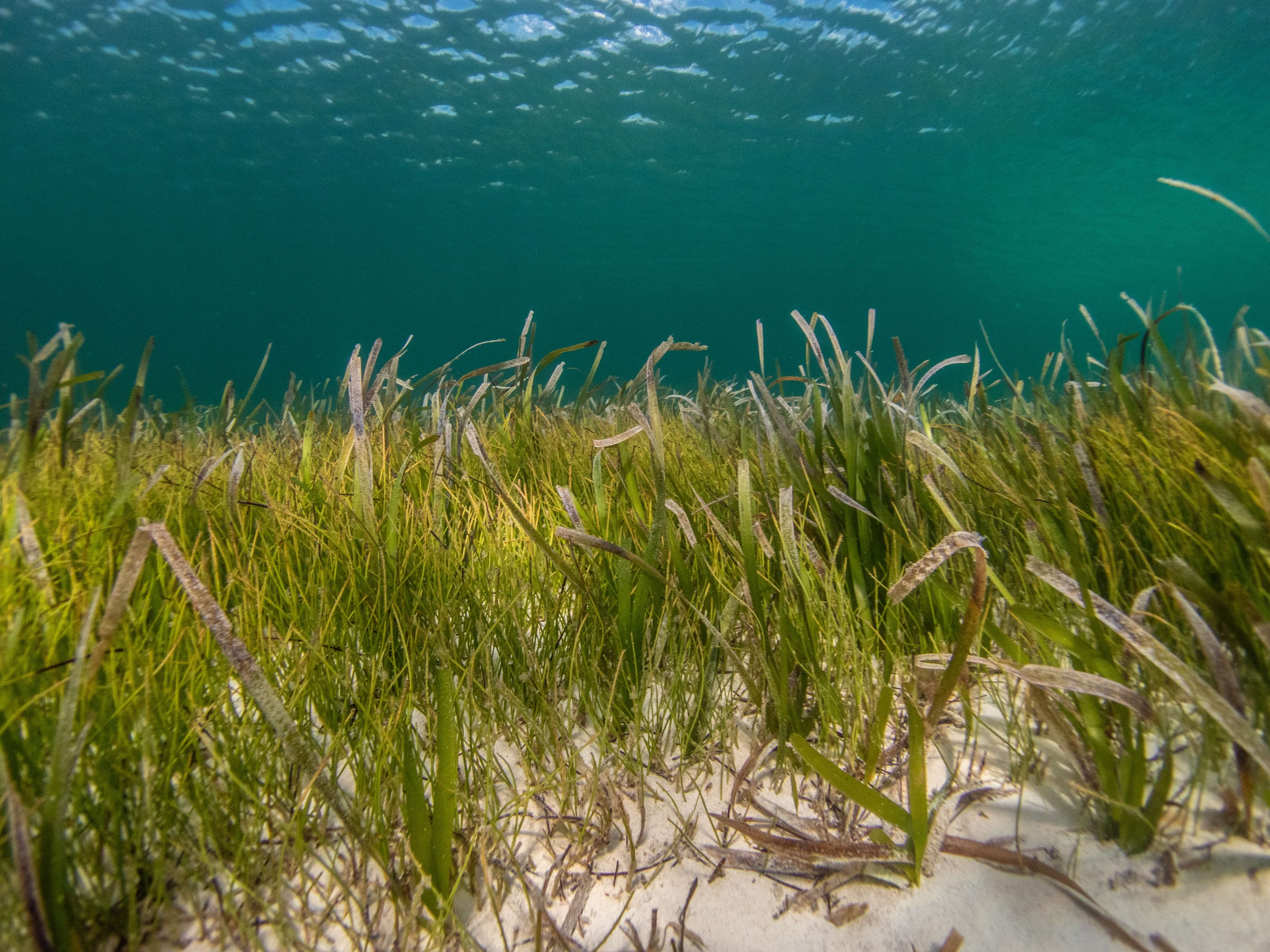According to a groundbreaking study published by Daru and Rock in 2023, the projected effects of climate change could have a profound impact on the diversity of seagrasses across the globe. The researchers predict widespread shifts in seagrass diversity, potentially leading to notable differences in species composition in various regions. Moreover, they report that these alterations will likely occur outside the current network of marine protected areas, suggesting a need to rethink our approaches to marine conservation planning.
While the impacts of climate change on terrestrial biodiversity are well-established, this study underscores the significant threats posed to the marine environment. The researchers investigated how different facets of locally distinctive α- and β-diversity (changes in spatial composition) of seagrasses will respond to future climate change scenarios on a global scale.
Using species distribution modeling and a dated phylogeny, they forecast widespread reductions in species’ range sizes, leading to increases in seagrass weighted and phylogenetic endemism. This implies that the unique composition of species within specific regions will likely increase due to climate change, potentially endangering overall biodiversity.
These projected increases in endemism will result in varying shifts in the spatial composition of β-diversity. The study predicts that this could lead to differentiation in some areas, while other regions might experience a homogenization of seagrass communities. This represents a significant change from current diversity patterns and could have wide-reaching implications for marine ecosystems.
Of particular concern, the researchers found that the potential hotspots for these projected shifts in seagrass α- and β-diversity are predicted to occur outside the existing network of marine protected areas. This indicates a potential misalignment between our current conservation efforts and the areas that will likely be most impacted by climate change.
This study provides valuable insight into the responses of seagrass species to future climate change, an area currently underrepresented in climate change assessments, despite the crucial role seagrasses play in maintaining marine food chains and providing habitat for a wide range of marine biodiversity.
In conclusion, the study’s findings emphasize the urgent need for proactive conservation strategies that consider these predicted shifts, ultimately prompting a reassessment of our current conservation planning to better align with the future impacts of climate change.
Photo by Benjamin L. Jones on Unsplash



2 Comments